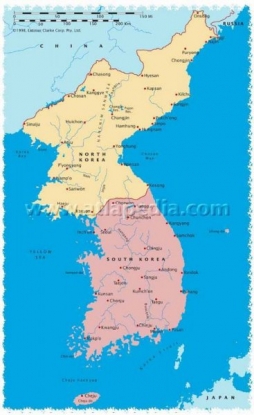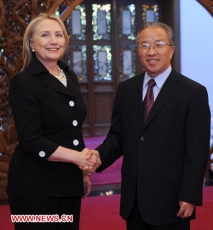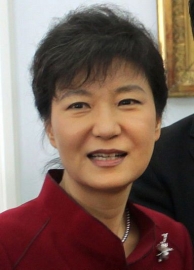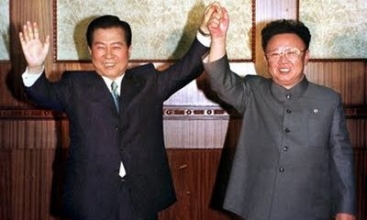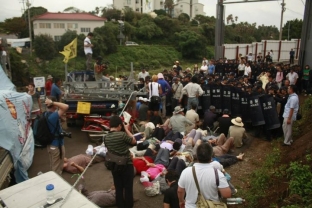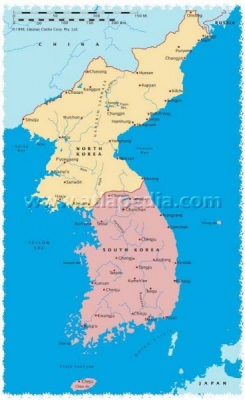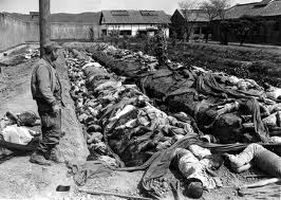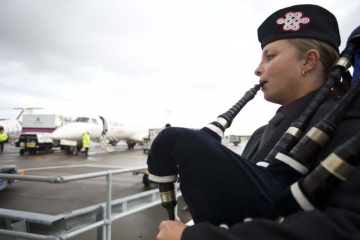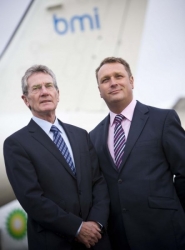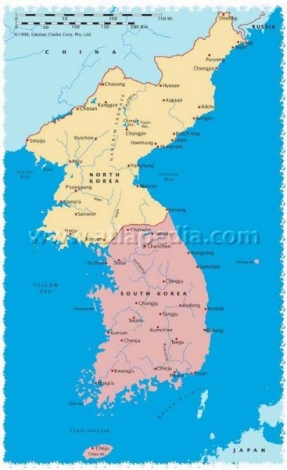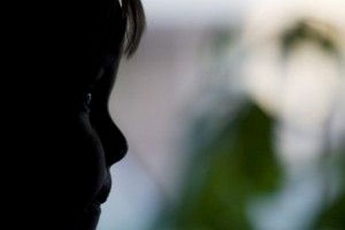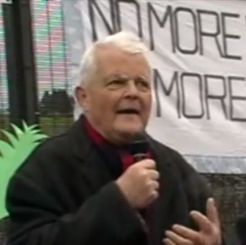Voice’s Old Susannah takes a look over the past week’s events in the ‘Deen and beyond. By Suzanne Kelly.
An eventful and warm week has passed in the Granite City; many people settled back into their routine after the holiday break. Children were back at school, councillors were back at Marischal, people were back at work. Industry is booming. BrewDog have lots of crafts beer on at their eponymous bar just now, and their shiny new factory opens on 19 January with the unusual fanfare you’d expect.
The car theft industry is thriving, too. Career car thieves have been back at the coal face, and Grampian’s finest have likewise been busy, protecting us all from the likes of… Lesley Ross.
Ms Ross is considered dangerous – with a keyboard. After her Audi was stolen, she’d made posts on Facebook, according to the Daily Record, which were… offensive.
Apparently bad language was used! Off the top of my head I’m not sure if that has a mandatory custodial sentence or not.
She also wished that something bad would happen to the thieves!
The penalty for wishing ill on someone else was done away with after the last witch trials ended a few hundred years back, but with the ConDems in power and political incorrectness gone mad, expect witches to be hung in public sometime soon, along with ‘Lone Parents’ who have just seen their child benefits cut – that’ll teach them (but only the poor ones, mind). The ConDems have released a document of their many triumphs; more on that later.
You might think that with thieves stealing in broad daylight and posting photos on Facebook there would be more arrests and convictions than we’ve seen. Still, at least our finest men and women in uniform do have an interest in crime: they’ve racked up about three dozen past crimes between them.
http://www.eveningexpress.co.uk/Article.aspx/3070588
They have convictions ranging from auto-related incidents to assault to (my favourite) perverting the course of justice. I always think a little on-the-job training helps you do your job better, don’t you?
Finally, our guardians have managed to keep some 300 DNA samples taken from children. Some committed crimes; some were completely innocent, yet the samples remain on file for all. Never throw anything away they say; you never know when you might need it. Good bye civil liberties and rights.
DNA samples don’t always do what they’re supposed to of course. I recall a serious trial in Ireland. The DNA found at the scene was cross-matched – and was found to belong to a young person who had absolutely no connection whatever to the crime or the crime scene; he just had a DNA profile similar to whoever was responsible.
there is some bad language on it in spots, and they’ll want to speak to people about it
Make sure you don’t accidentally leave your strands of hair on any public transport or in the street – you’ll be put at the scene of a crime before you know it. Still, the innocent have nothing to fear; when was an innocent person ever convicted of a crime in the UK?
I hope Ms Ross has learnt her lesson. In the meantime, if the police have any free time from arresting journalists (like they did to Anthony Baxter and Richard Phinney at Balmedie) or from keeping our streets the safe places they are, they might want to check out some Aberdeen Facebook pages.
There is one which tells you how to hotwire a car, and several which show stolen vehicles of all sorts. What will interest the police about this long-running site is that there is some bad language on it in spots, and they’ll want to speak to people about it. I guess Grand Theft Auto wasn’t a computer game after all, but training software.
Politicians and their changes of heart and mind have very much made the news; here in Aberdeen Willie Young’s apparent U-turn over a new Bridge of Don crossing has eclipsed any national U-turns or reports on the coalition’s successes. More on that later.
Here is a selection of relevant definitions in the news this week:
Coalition Audit Document: (compound Eng. noun) a report issued by David Cameron and Nick Clegg appraising their promise on their election pledges. Found in libraries in the Fiction section.
As I mentioned earlier, the ConDems have put out a dossier of all their election pledges and how they’ve performed. It has a lovely cover showing our happy, working multicultural Big Society in all its glory, and at only 122 pages is a snip to read.
If we needed any further stimulus to vote for them next time ‘round, here comes a little reminder of the great things they’ve done to us – sorry, that should be ‘done for us’. You don’t even need to go further than the first page to see how they’ve succeeded:-
“We will reform the banking system to avoid a repeat of the financial crisis, to promote a competitive economy, to sustain the recovery and to protect and sustain jobs.”
Result! Job Done! I think we’ve all noticed how well the recovery is going and just how competitive our economy is.
But mainstream media can be cruel – the BBC website points out an example of a pledge which was not fulfilled. I’m sure it was probably the only such pledge and that this is just the liberal, left, biased media taking a pot-shot at our Big Society bigwigs, but here it is:
- Coalition Agreement 2010: “We will replace Air Passenger Duty with a per-flight duty.”
- Coalition Audit 2013: “We announced in Budget 2011 that we would not introduce a per-plane duty, given concerns over the legality and feasibility of this approach.”
http://www.bbc.co.uk/news/uk-politics-20954785
It’s not as if they broke any promises that were important (or more accurately haven’t had a chance to fulfil promises yet, as I’m sure all will be honoured).
U-turn: (Eng. verb) To change direction 180 degrees, particularly in a car (probably a stolen Audi in this part of the world)
Perhaps this term is best illustrated with a few examples:
- ConDems in U-turn over Bookstart – free book programme for children which was to be axed before outcry from writers and the public
- ConDems in U-turn over the ‘Cornish Pasty’ tax – a genius scheme to get revenue out of people who want hot food.
- ConDems in U-turn over plans to scrap a ceiling on donations to charity
- ConDems in U-turn over secret courts, killing birds of prey, selling off our forests, caravan tax…
It’s almost as if to save money for bankers and defence spending they were trying to squeeze the people at the less rich sector of the Big Society, but I can’t believe that is their intention, can you?
If you want further information, see the Guardian’s list of circa 30 other ConDem U-turns at http://www.guardian.co.uk/politics/2012/may/31/coalition-u-turns-full-list . It should be noted that just because the Government’s done a few U-turns doesn’t mean it’s not going to honour its election pledges. Eventually.
Third Don Crossing: (Proper compound Eng. noun) an Aberdeen City scheme to build a further bridge over the River Don.
Everyone’s favourite bastion of truth, the whole truth and nothing but the truth, our own Press and Journal have pointed out that Willie Young seems to have changed his mind. Over the course of five years. I wonder what could have caused this amazingly-swift U-turn on his part?
Well, we’re told he promised to prevent the Third Don crossing to be built when he wrote to a constituent back in 2008.
If you read the P&J story, it seems Willie also told said constituent that he couldn’t make any definite promise because he took the Labour whip (Grampian police are said to be investigating this case of whip-stealing).
Old Susannah is unsure whether or not this crossing is a good idea. However, the previous government of Aberdeen was hell-bent on building on any green space we had in the city centre, or any patch of land they could flog for housing and offices, particularly if they could sell it at bargain-basement rates .
I’m sure they knew just what they were doing, such as when they approved 800 or so new houses at the Haudagain roundabout. I can’t see any added traffic problems there, can you?
So here we are in 2013, with housing and offices springing up around empty offices and disused brown space. Traffic is even worse than it was in 2008, and that’s saying something.
You could be forgiven for thinking that the brains (aka Kate Dean) in charge of planning in the previous administration ensured that there would be sufficient road infrastructure to deal with all the new builds or not approve them. You could also be forgiven for thinking we’d have an affordable, reliable, frequent public transport system by now. But we don’t.
I don’t have any idea why Young’s changed his position; but the intervening five years’ worth of development could play a tiny factor.
Perhaps Cllr Young should take a page from the ConDems’ book – or more specifically the Coalition Audit Document and not do any further U-turns.
That’s all there is time for, as I’m keen to get back to reading the Coalition’s little report. You are too, I can tell, so here is a link to it courtesy of the BBC.
http://assets.cabinetoffice.gov.uk.Programme_for_Government_Update.pdf
In the meantime, don’t use any swear words, don’t wish ill on anyone, don’t let any of your goods get stolen, or the police will come calling.
- Comments enabled – see comments box below. Note, all comments will be moderated.


